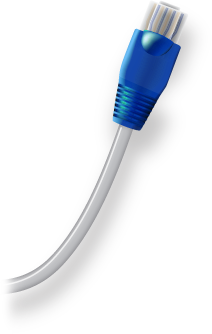Tech News

You’ve probably heard that Microsoft have announced the end of support for Windows 10 on October 14 this year. You might wonder what this means for you! If you don’t have a Windows computer - not much!
If your computer is running Windows 11, then you also don’t have much to worry about. How can you tell? Right-click on the Windows start button (bottom left) and click ‘system’. Scroll down to ‘Windows specifications’ and you'll see what version of Windows your computer is running. If it’s Windows 11, congratulations! No need to read further.
If it’s Windows 10, the next question we need to ask is - can this computer upgrade to Windows 11? Depends. Even if Windows Update refuses to upgrade your computer to Windows 11, it may still be possible. Please give me a call to discuss your options.
If you don’t upgrade to Windows 11 what will happen on October 14?
Not much at first. Your computer will continue to function. However as cyber security threats develop and evolve your Windows 10 computer could become a liability. Even if you aren’t a victim of a cyber-attack, you may find a lack of compatibility with secure platforms. For example, in time your online banking webpage may not allow you to sign in anymore using your older computer.
There are different ways you can approach this situation:
- A new computer
- A forced upgrade to Windows 11
- Mitigate security threats until you upgrade your hardware later on